Global health is focused on improving health and achieving health equity for all people worldwide – meaning working towards the absence of avoidable, unfair, or remediable differences among groups of people. Many health issues and concerns transcend national boundaries and require collaboration between countries to address them and in this blog we explain the role PHE plays.
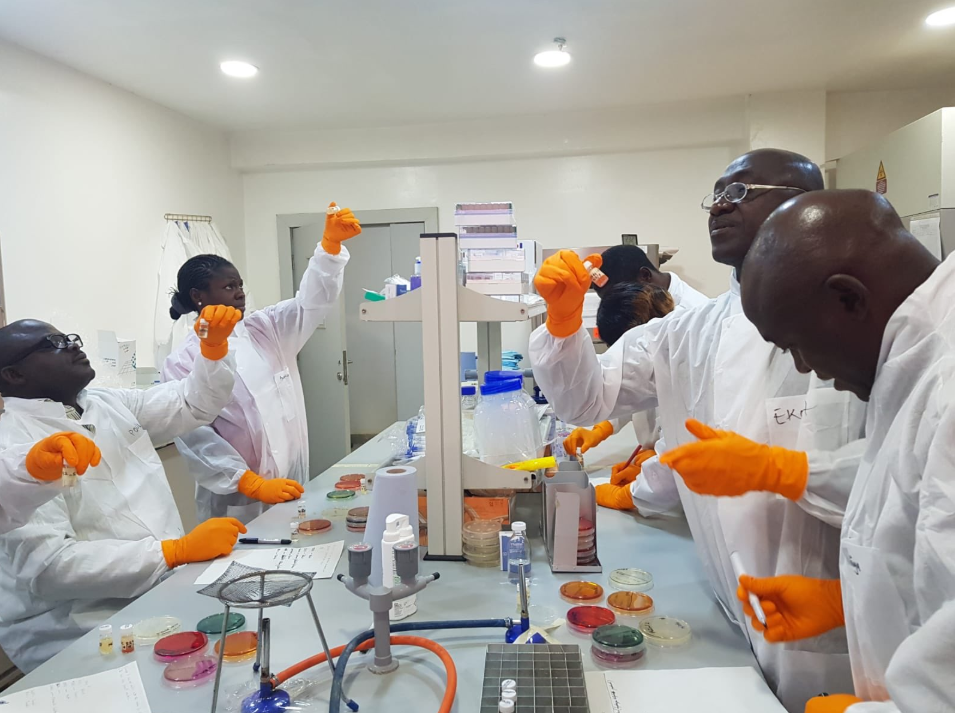
News is global. We get reports from across the world, from all corners of the globe and we get it twenty four hours a day. With this increase in reporting comes increased public awareness and this is very true for stories focusing on global health, particularly around outbreaks.
You may well have seen on the news that recently there has been an Ebola outbreak in the Democratic Republic of Congo and an outbreak of plague in Madagascar. When you see a word like plague in a news report, you’d be forgiven for feeling shocked and thinking it was a part of distant history, but these reports show us that such diseases remain a current and real threat in other parts of the world.
If we think back as far as 2002-2003, when a Severe Acute Respiratory Syndrome (SARS) epidemic happened, we witnessed the enormous impact and devastation that rapidly transmitted infections (such as flu like illnesses) can bring. This affected not only individual lives, but had economic and commercial consequences and proved how far beyond just stopping the spread and identifying cases we must think when faced with these situations.
Global Public Health – So how do we contribute?
Global Public Health is not just something we do, it’s an important part of PHE’s core business. We act internationally to strengthen global health security, protect the health of the UK’s population and improve health inequalities.
We have the ability to deploy experts, meaning we can share our technical knowledge. This is highly valued by our partners such as the World Health Organization (WHO), the Global Outbreak and Response Network (GOARN) and by Governments in countries we collaborate with, such as Nigeria, Ethiopia, Pakistan and Sierra Leone. Essentially, we work hard to ensure we contribute fully to a collective international effort.
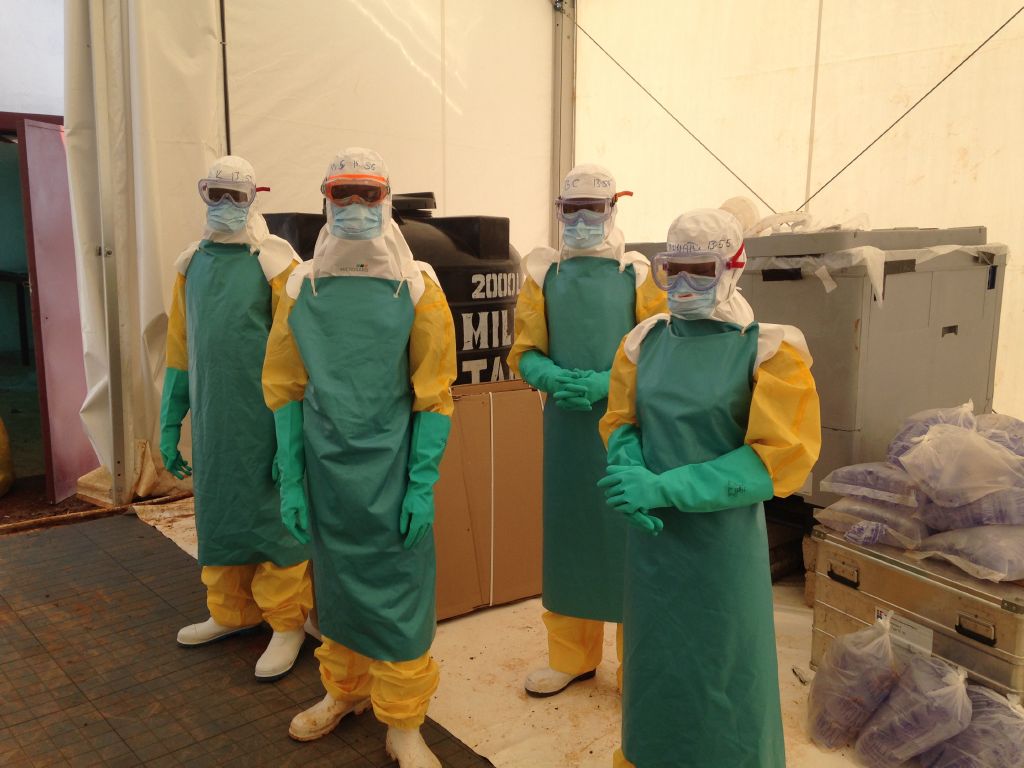
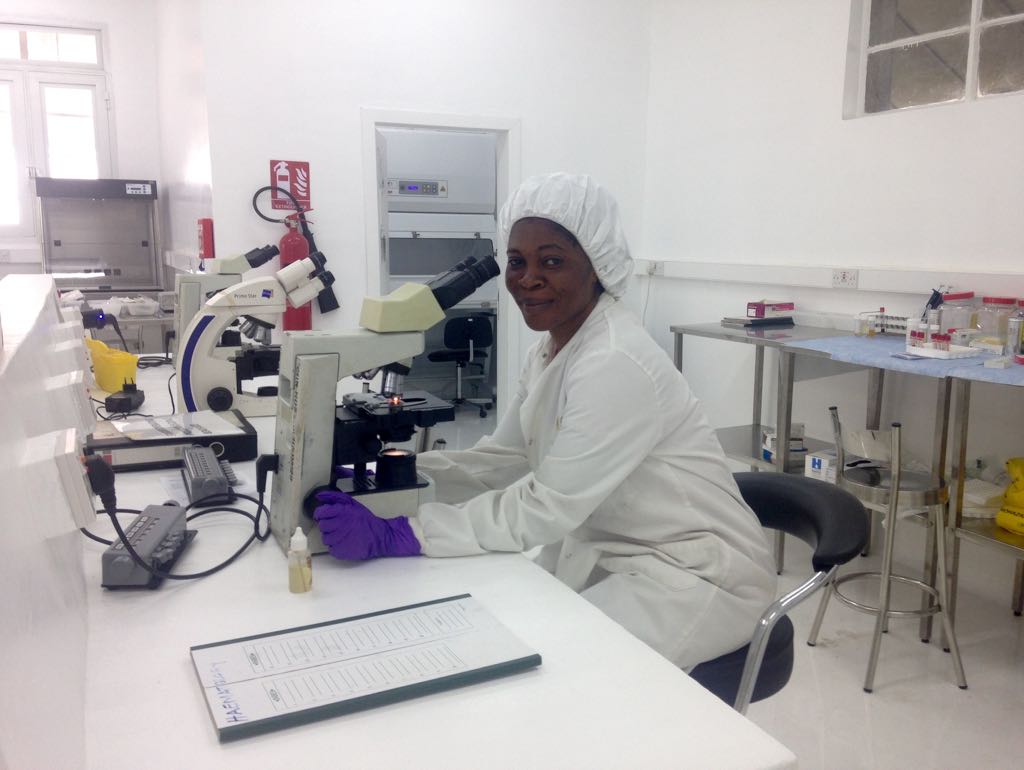
Through this work we are learning from other countries and continually gaining new skills, knowledge and experience. This is then brought back to the UK and ultimately strengthens our delivery of services at home.
It’s important that we know we are making a difference, so it was brilliant to have our capacity recognised by IANPHI (the International Association of National Public Health Institutions), naming PHE as one of the world’s foremost public health institutes.
Responding to outbreaks and sharing our knowledge
With this growing capacity comes a greater demand for us to share our knowledge and we now have a team of experts who can deploy anywhere in the world, ready to tackle outbreaks within 48 hours.
They are part of the UK Public Health Rapid Support Team (UK-PHRST), funded by UK Aid from the Department of Health and Social Care, which is a partnership between Public Health England (PHE) and the London School of Hygiene and Tropical Medicine (LSHTM), with academic partnerships with the University of Oxford and King’s College London.
This is really vital work and means that our expertise is being shared further and further afield. So far the team have responded to disease outbreaks and threats in Madagascar, the Democratic Republic of the Congo, Sierra Leone, Ethiopia, Nigeria and Bangladesh. You can read more about who they are and the work they do in our blog.
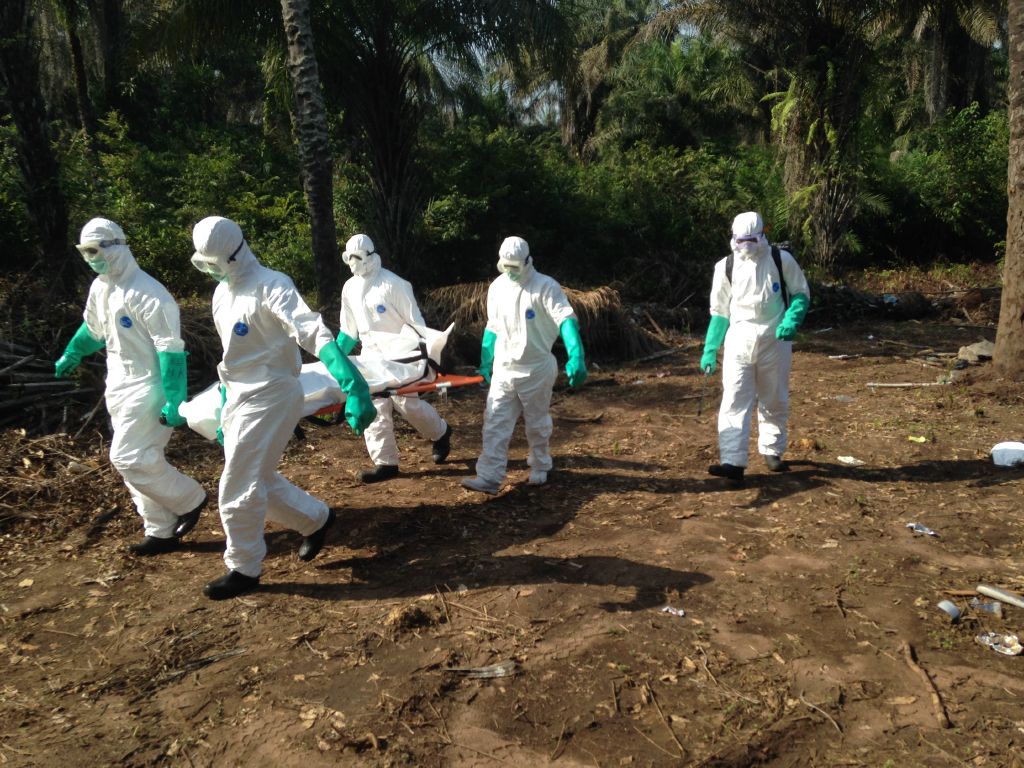
The International Health Regulations – what they are and why they matter
Those in the global health world will certainly be aware of the International Health Regulations (IHR), but if you’re not aware, these represent an agreement between 196 countries to work together for global health security.
The IHR specifically commits countries to ensure their capacity and capability to detect, assess and report global health threats. They identify the need to respond to a range of different hazards beyond infectious diseases, recognising that chemical, radiation and nuclear threats, as well as biological threats can impact on health.
Right now PHE is funded through the UK Aid budget to work in partnership with WHO and with the Governments of Nigeria, Ethiopia, Pakistan, Sierra Leone and Myanmar to strengthen their IHR compliance.
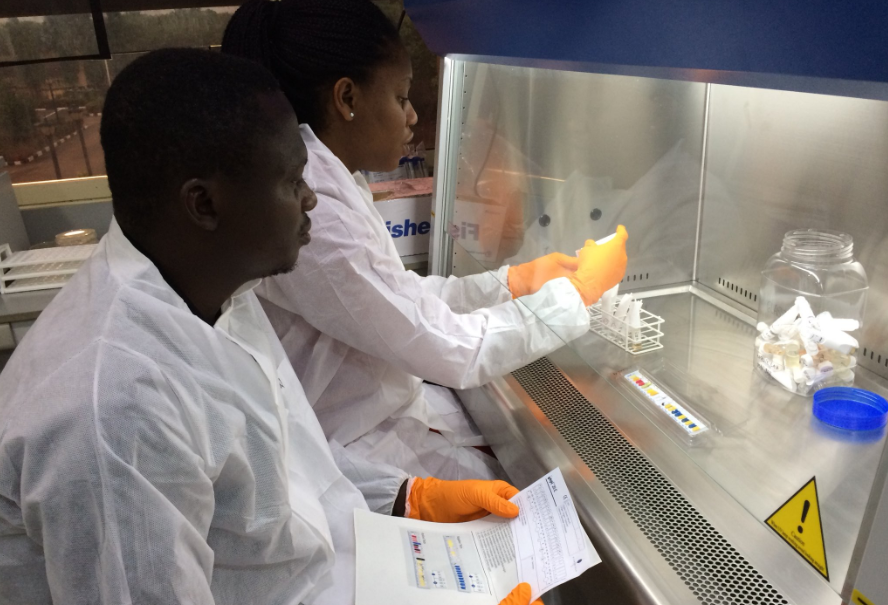
More than an infectious disease agenda
In 2015, there was international commitment to a number of other agreements, including the Sustainable Development Goals, The Paris Agreement on climate change and the Sendai Framework for Disaster Risk Reduction.
These recognise that climate, environment, education, the rule of law, wealth and poverty, peace and security, agriculture and economic growth all interact as determinants of health and wellbeing.
PHE has recognised that the growing international burden of non-communicable diseases, such as heart disease, diabetes and cancer, also have a global dimension and require global action.
For example, we are seeing increasing progress in lowering smoking rates in the UK, but we see tobacco companies shifting their marketing to less developed parts of the world. Unless we act together, we risk pushing public health problems from countries with strong public health systems to those with weaker systems.
Diabetes gets a lot of air time in the UK, but this is a global epidemic, and to tackle it we need to address shifting dietary and lifestyle factors across the world through collective global action, rather than as individual nations acting in isolation.
Working together both extends the impact of what we know and do in the UK, but also exposes us to the innovation and successes of other countries.
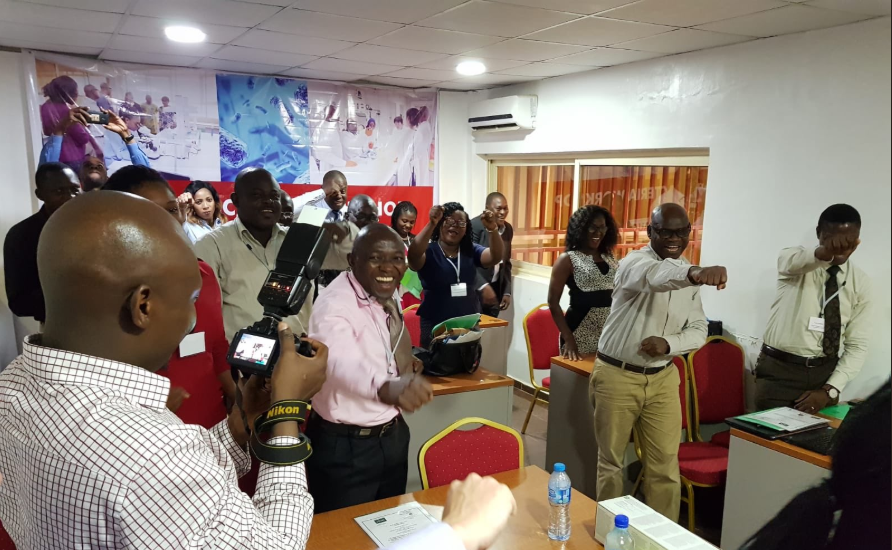
So what is PHE currently doing?
PHE has active programmes in a number of countries. These span many diverse health topics from health security and emergency response to chemical, biological, radiological and nuclear incidents to tobacco control and other areas of non-communicable disease.
We also work on environmental health, but these are just a few topics and our work goes much further. This is all done closely with other Government departments to ensure the UK’s contribution to global public health is coordinated.
This just scratches the surface of our global health remit, but in summary we act internationally because it is the right thing to do. This work brings benefits back to the UK and allows us not only to learn and further expand our expertise, but to improve our own services.
Building relationships with partners is vital but ultimately, through this work we can save lives, protect people and create a better life for people around the world and at home.
If you are attending the PHE Annual Conference, you can learn more about the UK Public Health Rapid Support Team and controlling outbreaks in the 10:30am session on Tuesday 11 September.
All images in this blog are owned by PHE staff.
